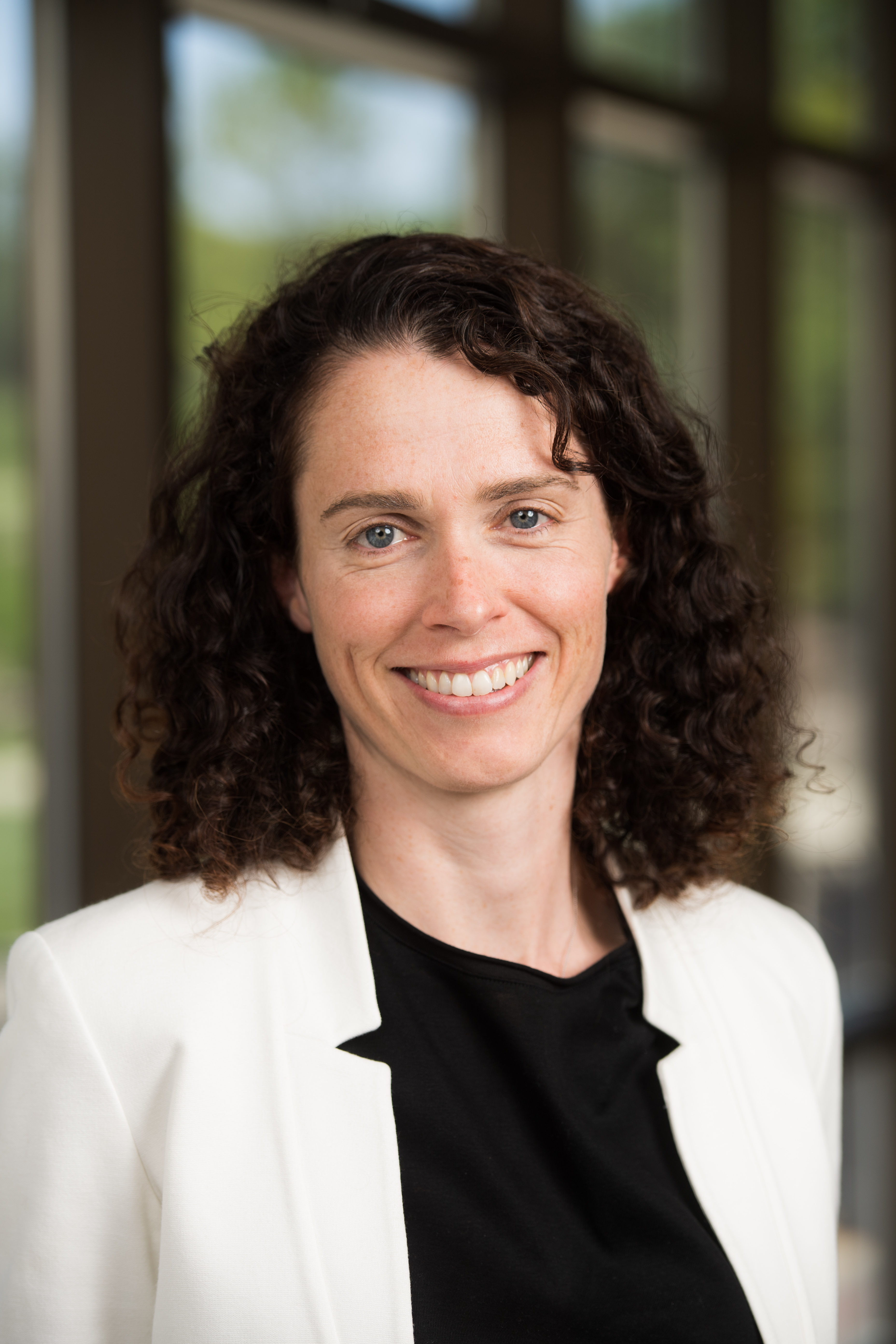[...]
But the tragedy wasn’t contained to that Southeast Michigan town. And parents and teachers everywhere are grappling with how to explain to young children and teenagers what happened and why.
This is going to look different for every child based on their age, their previous traumas and where they are developmentally, experts say.
“A 7-year-old is going to have a more concrete view of things. They will want to understand why this happened, or who was there or who didn’t show up. They will have very concrete questions about the situation before it might register with them that there’s a bigger emotional toll,” said Joanna Quigley, University of Michigan Associate Medical Director for Child and Adolescent Services and Ambulatory Psychiatry.
“For, say, 17-year-olds, I think they absolutely can have those same fears, but their engagement with the world is more complex and they will have a relatability to events like this that includes their peers. They’re more engaged on social media. They hear about these events before some of the adults in their life too. And there’s a constant exchange of narratives about the lives of those affected that will really hit home with them in ways that are very powerful emotionally.”
[...]
For some kids with previous traumas around gun violence, it can be very triggering for them to hear or see coverage around these kinds of situations, experts said.
One way to address this is to limit graphic content, particularly for younger kids, Quigley said, but it’s also important to be honest with them about what is on the news and social media and engage with them when they have questions.
“There’s a component of trying to limit it. But also if it’s on the TV or you notice them watching something on their device, it’s important that you stop and watch it with them and help give feedback on what they are seeing and maybe ask questions about how they feel after they see that clip,” Quigley said.
Children, of course, aren’t the only ones who are processing this trauma, but parents and teachers are dealing with similar fears and concerns.
“Parents obviously don’t want to burden their kids with more fear and worry based on what they are experiencing, yet I also think it’s important for parents to name their own feelings to some degree,” Quigley said.
Being honest about your own experience can be helpful for children, especially when followed up with explaining your own healthy coping mechanisms.
There are warning signs that a child is in distress that parents should be monitoring, Quigley said.
[...]





